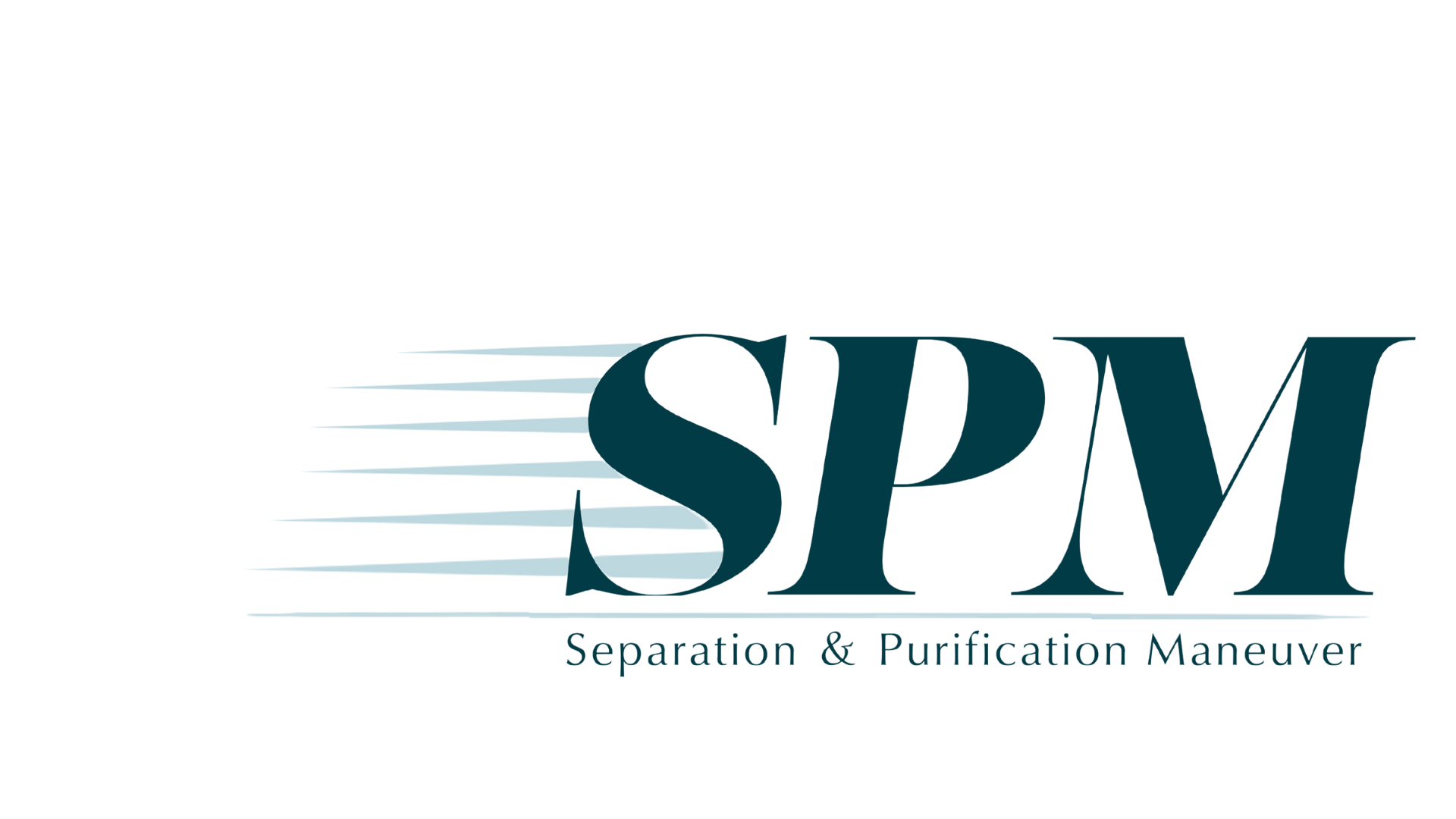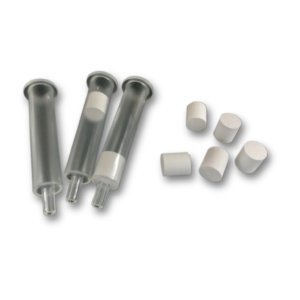Spongy monolith, a macroporous polymer-based substrate, becoming a platform for bioseparation
Spongy monolith (SPM) is a highly flexible porous polymer medium made from thermoplastic polymers by extrusion molding freely converting its form. SPM involves several tens of microns through-pores that is ideal for bioseparations, attracting attention as a novel separation medium being able to apply to various fields.
SPM can be employed mainly for an advanced affinity column as well as an ion exchange resin and a hydrophobic column with high permeability by installing various functional groups and/or arbitrary protein ligands to an epoxide group on the surface of materials. If you wish, we can provide sample columns for HPLC and solid-phase extraction free of charge.


As separation media for the next generation
In the development of separation media for high-performance liquid chromatography (HPLC), improvement of separation performance has been prioritized. At the same time, miniaturization and advanced functionality of materials have been demanded. In a pharmaceutical field, an environmental field, and synthetic chemistry, it is required to reduce operation time and cut costs. However, the exiting separation media could neither solve the issues above nor make the separation efficiently especially for macromolecules such as antibody drugs and extracellular vesicles, RNA,viruses, cells, which can play a key role in development of drug medicines in the future.
For the present HPLC, columns packed with particles are generally utilized, while monolithic columns with continuous through-pores are also utilized in some occasions. The SPM column developed at Kyoto University provides superior permeability as it involves through-pores of 5 μm to hundreds μm, which are notably huge among the typical monolithic columns. Moreover, wide range of protein ligands can easily bind with highly reactive epoxide groups, highly reactive, on the surface of the SPM which is made from poly(ethylene-co-glycidyl methacrylate) (PEGM). SPM realized high throughput and high selectivity, drawing attention as a novel separation medium for the next generation.
Contact us
We offer samples for research free of charge.
Please contact us via contact page. We can also discuss collaborative research.
